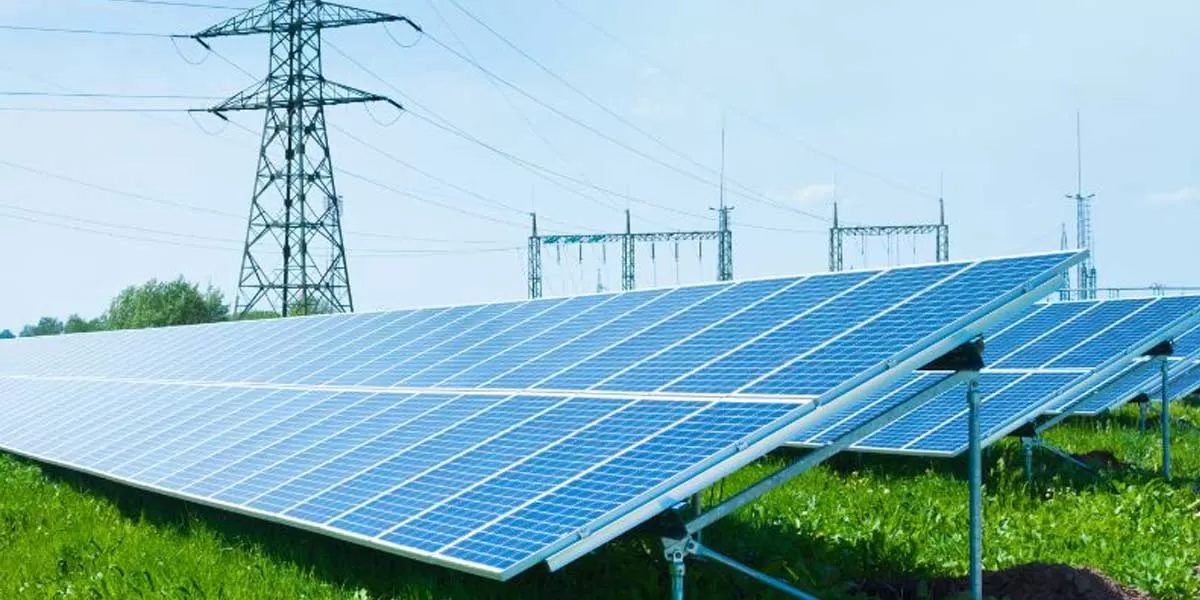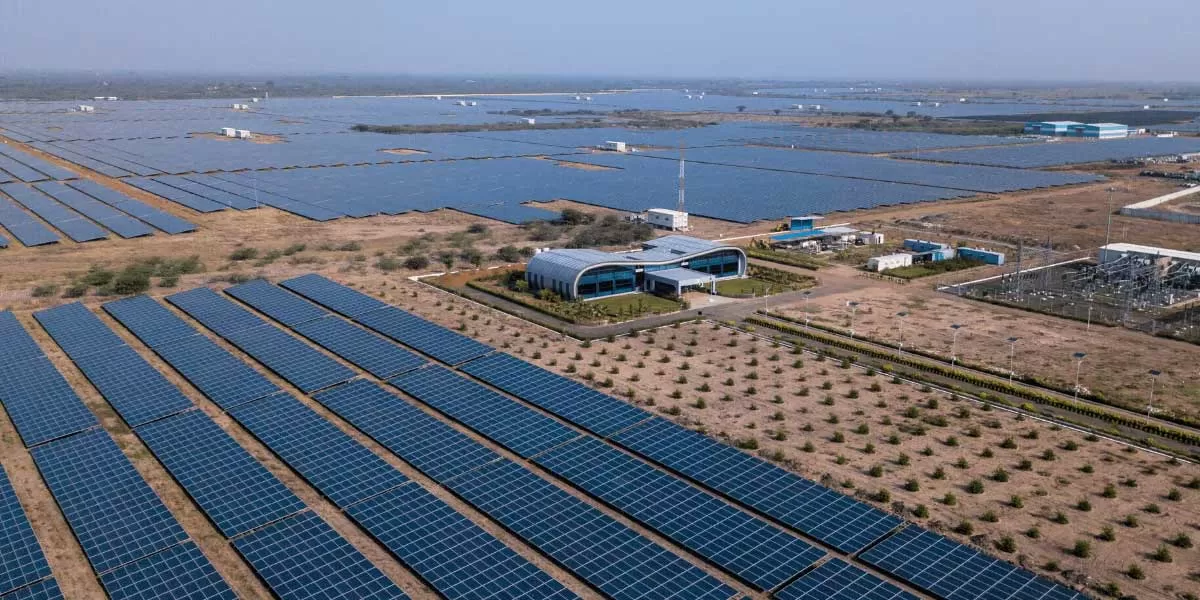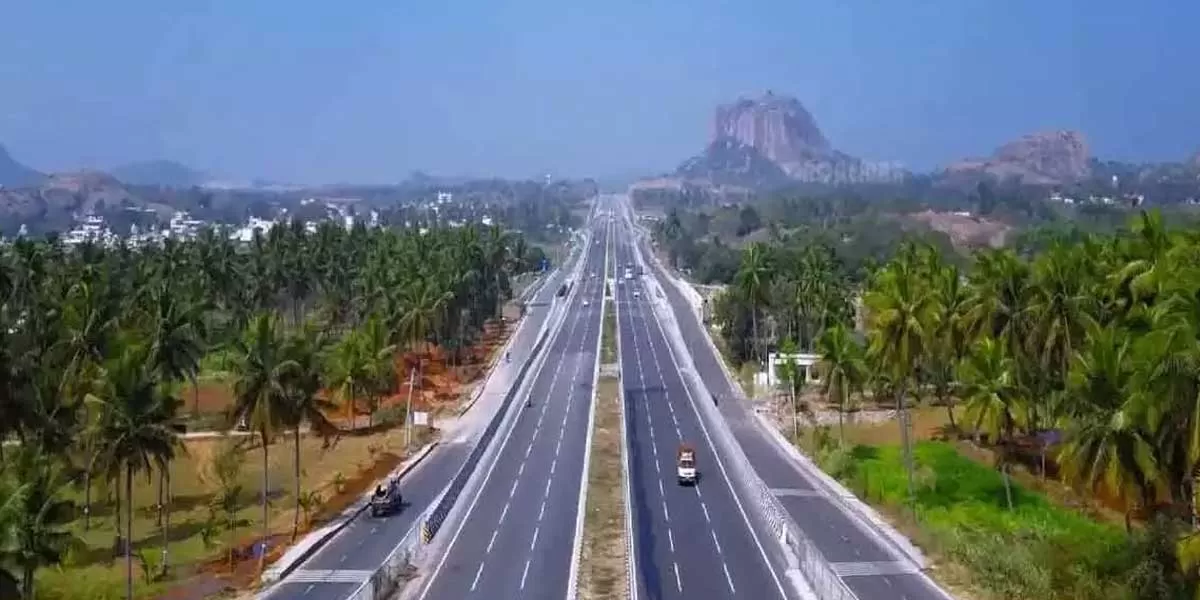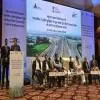
84% of districts face heatwaves and irregular rainfall; IPE and Esri

Adyant Enersol & UPC Renewables Secure SJVN's 600 MW Wind Project
Adyant Enersol (Datta Infra) and UPC Renewables secured contracts in SJVN’s auction to develop 600 MW inter-state transmission system (ISTS)-connected wind power projects under a build-own-operate model. Adyant Enersol was awarded 70 MW with a tariff of Rs 3.98/kWh, while UPC Renewables secured 100 MW at a tariff of Rs 3.99/kWh. The tender for these projects was issued in March 2024, allowing bidders to submit proposals for capacities ranging from a minimum of 50 MW to a maximum of 300 MW, with project sizes specified in multiples of 10 MW. The selected developers are required to establis..

Bridge and Roof Secures SJVN Contract for 100 MW Solar Project
Bridge and Roof Company, a government enterprise under the Ministry of Heavy Industries, has secured the engineering, procurement, and construction contract from SJVN Green Energy to establish a 100 MW solar power project in Rajasthan’s Didwana-Kuchaman district. The project is valued at approximately Rs 3.5 billion. The tender was issued in April 2024. The scope of work includes land development, design and engineering, procurement of equipment and materials, testing at the manufacturer’s facility, packing, transportation, supply, unloading, on-site storage, installation, erection, test..

NHAI Uses AI and Drones to Detect 1,000 Encroachments on Highways
The National Highway Authority of India (NHAI) has implemented artificial intelligence (AI) and drone technology to detect approximately 1,000 encroachments on four major national highways. This initiative aims to address obstacles that hinder road construction projects and ensure their timely completion. The survey covered a span of about 360 kilometres, utilising high-frequency drones to capture detailed aerial images of the highways. AI-driven algorithms analysed these images to identify potential encroachments, including parked vehicles, construction materials, and makeshift structures. F..















